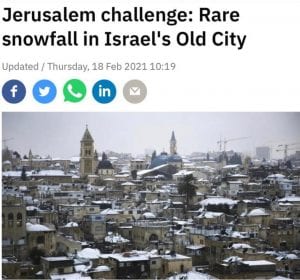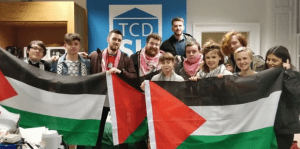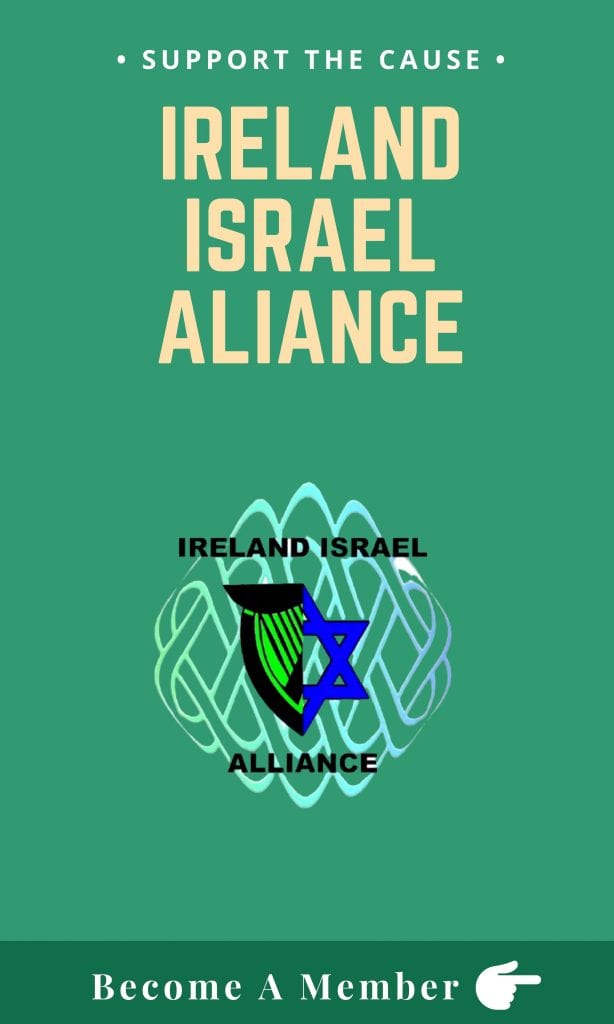The 'land for peace' model has been discredited and observers of the conflict overlook the deep divisions between the dominant Palestinian factions.
The seemingly intractable conflict between Israel and the Palestinians has long garnered the attention of the international community. Many diplomatic initiatives have been undertaken and various peace proposals have been tabled, but despite the concerted efforts of the international community and attempts to initiate a peace process, a lasting settlement seems as elusive as ever.
Bodies such as the European Union and the United Nations have propelled the conflict to the top of the diplomatic agenda and the world’s media have descended en-masse to provide comprehensive coverage, amplified to a level that similar territorial disputes elsewhere in the world have not received.
The oft-cited panacea for resolving the conflict is the creation of an independent Palestinian state in the West Bank and Gaza Strip. This goal has become the pre-eminent foreign policy issue in the Western world, with many politicians and diplomats advocating for its creation ahead of agreements between Israel and the Palestinian leaderships.

Many observers of the conflict overlook the reality of the deeply entrenched divisions between the dominant Palestinian factions Hamas and Fatah. Hamas governs the Gaza Strip and Fatah controls the Palestinian Authority, which administers the autonomous Palestinian areas in the West Bank. The two factions have been embroiled in a bitter feud for over ten years and there are also further intra-factional tensions.
Hamas has divisions over policy between the political and military wings of the organisation. It has taken stringent measures to counter Salafist militants who have challenged its authority in the Gaza Strip. Fatah is deeply divided with internecine violence flaring up between rival gangs in West Bank refugee camps. Other smaller factions have a degree of support, such as Islamic Jihad and ISIS affiliated groups.
Any peace settlement would have to encompass and cope with the array of factions throughout the territories. The influence of Iran provides further complexity to any attempt at conflict resolution as the Islamic Republic has long provided financial and logistical support to both Hamas and Islamic Jihad and would likely continue to wield influence in a future Palestinian state, as it does with Hezbollah in Lebanon and Shiite militias in Iraq.
The Northern Ireland peace process is often advanced as a template for a peace settlement in the region. However, lingering security issues remain in the Ulster province. In 2017, MI5 stated that Northern Ireland has the highest concentration of terrorist activity in Europe, with dissident Republican activity still posing a threat to the fragile peace that has prevailed over the past twenty-three years. Hamas and other smaller factions such as Islamic Jihad and ISIS-affiliated cells have extreme ideologies dedicated towards pursuing violence and eschewing political dialogue and would likely reject any peace agreement and continue the pursuit of violence backed by Iran.
The model of ‘land for peace’ has been discredited by the aftermath of Israeli territorial withdrawals from the Sinai Peninsula, Lebanon, and Gaza. None of these territorial concessions have enhanced Israel’s security. A conflict is ongoing between Islamist militants and Egyptian security forces in the Sinai Peninsula. The UN-accredited withdrawal from Lebanon in 2000 has empowered the Iranian backed militant organisation Hezbollah, which is now considered to be the strongest non-state actor in the world, with an estimated 100,000 rockets in its possession and a veto in the Lebanese parliament.
The major logistical undertaking of withdrawing 9,000 Jewish settlers and Israeli military personnel from the Gaza Strip in 2005 has resulted in Hamas and other militant groups using the territory as a launch-pad for thousands of rockets and incendiary devices with which to attack Israel. Only the security collaboration between Israel and the Palestinian Authority in the West Bank has prevented militant factions from launching attacks on Israel and maintained the PA’s rule of law in autonomous Palestinian areas.
The Palestinian Authority has long been dogged by authoritarianism. It has also been embroiled in numerous corruption scandals since its inception, with evidence of misappropriation and embezzlement of vast sums of money.
Palestinian economist Dr. Mhania Ghania Malhis estimated in 2010 that the Palestinian Authority wasted 12 billion dollars in aid funds since its inception. In 2013 an EU audit found that two billion dollars of aid could not be accounted for. Palestinian NGOs, including the Palestinian branch of Transparency International, have concluded that corruption is widespread within the Authority. The high levels of corruption and authoritarian rule have hindered the creation of the strong transparent institutions necessary for a stable cohesive state.
The complex security issues that Israel is confronted with are not acknowledged in most analyses of the conflict. Past withdrawals based on ‘land for peace’ have exacerbated security issues and emboldened militants. The deeply entrenched internal divisions and internecine violence combined with high level corruption in the Palestinian Authority underline the complexities in building a cohesive and viable Palestinian state.
It’s often forgotten that prior to 1967 the Gaza Strip was under Egyptian military rule and the West Bank had been annexed by Jordan. Both nations have absolved themselves of any responsibility towards the territories and both advocate for the creation of a Palestinian state. In essence, Israel is confronted with the challenge of trying to attain peace with divided disparate factions, compounded by major regional powers such as the Iranian regime hovering in the background.
Western politicians who incessantly demand Israeli territorial withdrawals and the creation of a Palestinian state without prior agreements between Israel and the Palestinian leaderships are seemingly oblivious to the intricacies of the conflict. Their pervasive demonisation of Israel obscures and obfuscates the geopolitical realities of the region and the real reasons for the lack of peace.
By Guest Contributor




